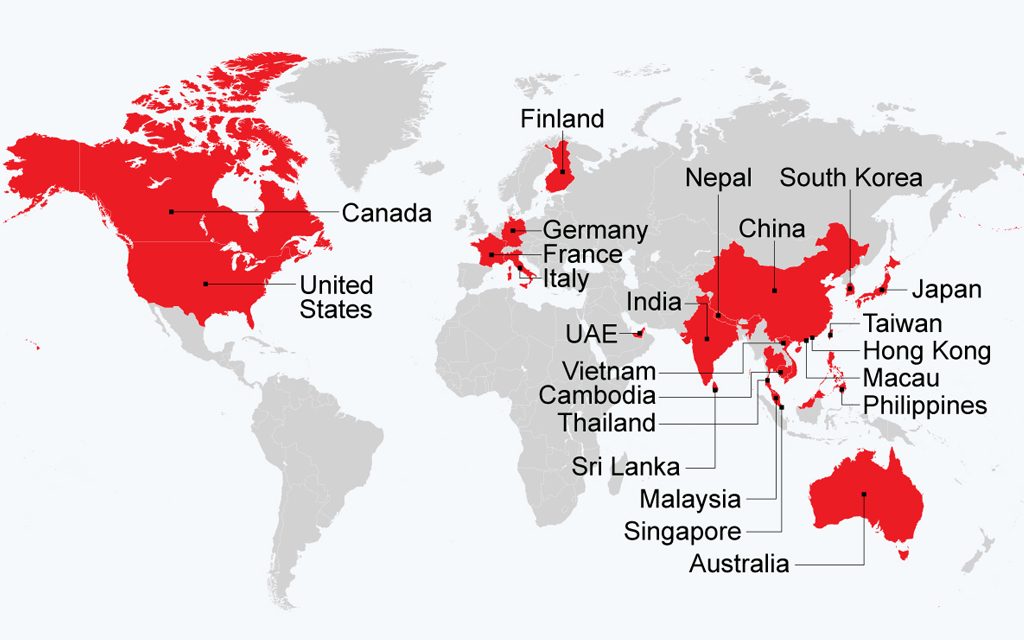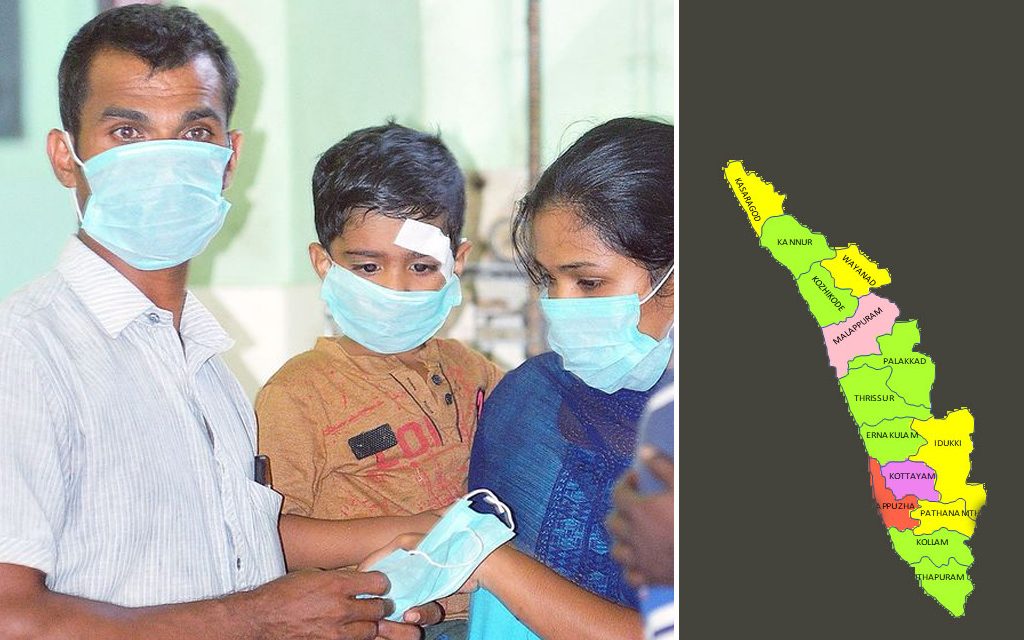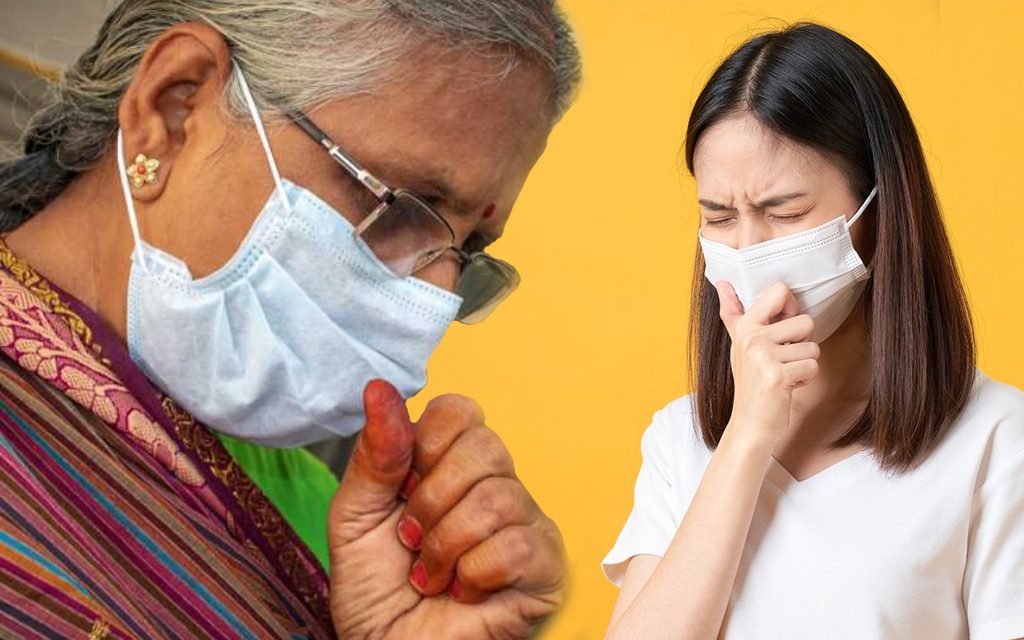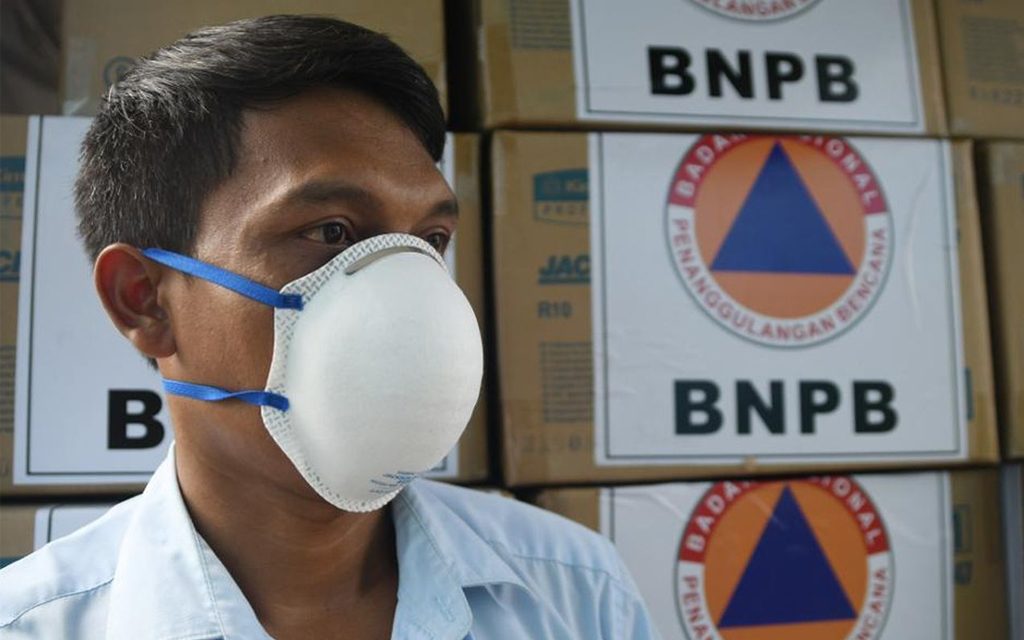The Novel Coronavirus 2025 has raised global concern following an outbreak in Wuhan, China, which claimed more than 360 lives. Moreover, the disease has reached multiple countries including the UK, USA, and India. Consequently, governments have taken strict measures, ranging from quarantining travelers to isolating infected individuals. Additionally, some nations have temporarily restricted entry from highly affected regions.
Despite growing public concern over potential human-to-human transmission, authorities have emphasized that there is no need to panic unnecessarily. Scientists are actively investigating the lethality and spread of this new virus to provide reliable guidance.
What is Novel Coronavirus 2025?
Coronaviruses are a group of viruses that primarily affect mammals. Common forms can cause mild respiratory illnesses such as the common cold, while others may lead to severe conditions like pneumonia or bronchitis. The Novel Coronavirus 2025 is an RNA virus capable of rapid mutation, allowing it to adapt and create new variants. This property makes it closely related to the SARS outbreak of 2002.
Also known as Wuhan Coronavirus or Wuhan Pneumonia, this virus has become a global concern due to its rapid spread and unclear characteristics.

Origin of Novel Coronavirus 2025
The outbreak began in 2019 in Wuhan, Hubei Province, where humans and animals live in close proximity. Investigations suggest that the virus may have originated from animals such as snakes, bats, or civet cats, and early cases were linked to a seafood market. Subsequently, international travel facilitated the virus’s spread to multiple countries. Authorities have monitored travelers from affected areas, and precautionary isolation has been applied when necessary.
Importantly, while human-to-human transmission is possible, the risk remains comparatively low if standard precautions are followed.

Countries Affected by Novel Coronavirus 2025
To date, the Novel Coronavirus 2025 has spread to over 24 countries, with more than 17,000 confirmed cases in China alone. The global death toll is rising steadily. Countries with reported cases include:
China, South Korea, UAE, UK, Hong Kong, Singapore, Spain, Sweden, Macau, Taiwan, Australia, Cambodia, Canada, Italy, Japan, Malaysia, Nepal, Finland, France, Germany, India, Philippines, Russia, Sri Lanka, Thailand, USA, and Vietnam.

Novel Coronavirus in India
In India, a few cases have been confirmed, primarily in Kerala. Patients arriving from affected regions were immediately isolated and given medical care. Additionally, some individuals have been placed under home quarantine as a preventive measure.

Is Novel Coronavirus Dangerous?
Since Novel Coronavirus is recently discovered, there is no specific treatment for the same. Current findings suggest that this disease can spread from person to person (through sneezing or coughing) if precautions are not taken. Antibiotics and anti-viral treatments are said to be ineffective in combating this infection. However, health officials have said that there is no reason to panic as one can follow certain old-school precautions to avoid the disease.

Symptoms of Novel Coronavirus 2025
The virus presents symptoms similar to respiratory illnesses, which makes early detection challenging. Commonly reported signs include:
-
Dry cough
-
Fever
-
Shortness of breath
-
Fatigue
-
Sore throat
In severe cases, infection can lead to pneumonia, kidney failure, or death. Hence, monitoring symptoms and seeking prompt medical assistance is crucial.

Treatment and Vaccine Status
Currently, there is no specific cure or vaccine available for Novel Coronavirus 2025. Antibiotics and standard antiviral medications have proven ineffective. Globally, the World Health Organization (WHO) collaborates with scientists, governments, and medical experts to track the virus, expand research, and provide preventive guidelines.

How to Protect Yourself from Novel Coronavirus 2025
Prevention remains the most effective defense. Recommended precautions include:
-
Wash hands regularly with soap or disinfectant.
-
Stay hydrated by drinking 8–10 glasses of water daily.
-
Cover your mouth and nose while sneezing or coughing.
-
Avoid close contact with infected individuals.
-
Consume thoroughly cooked food.
-
Seek immediate medical care if symptoms appear.
-
Use high-quality masks when outdoors.
-
Disinfect frequently touched surfaces.
-

wash your hands regularly -

drink plenty of water -

use tissue or handkerchief while sneezing -

avoid close contact with infected people -

eat home-cooked meals -

seek medical attention -

use mask when outside
Can Coronavirus Be Spread Through Goods Imported From China?
Coronaviruses typically cannot survive very long on surfaces and unlikely to survive over days (even weeks) when products are being shipped from China. The chances of you getting infected from China imported products are as low as the temperature of Antarctica. Furthermore, there has been no evidence to support the transmission of Novel Coronavirus concerning the imported goods and no such cases have been reported so far.

Final Words: Stay Informed and Cautious
The Novel Coronavirus 2025 outbreak reminds everyone to stay vigilant, follow preventive measures, and rely on verified information. Individuals can significantly reduce their risk of infection by practicing good hygiene, avoiding unnecessary travel to affected areas, and keeping up-to-date with official health guidelines.
Moreover, the global community’s response and increased awareness play a crucial role in controlling the spread and protecting public health.
Read More-pet-friendly travel India 2026: Top 7 Destinations





